Good Practices
Ministerio de Desarrollo Social (MIDES) - Uruguay
Organización Internacional Ítalo-Latinoamericana (IILA)
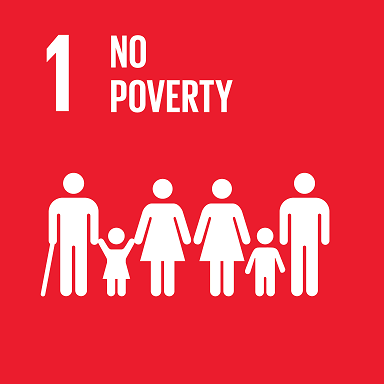
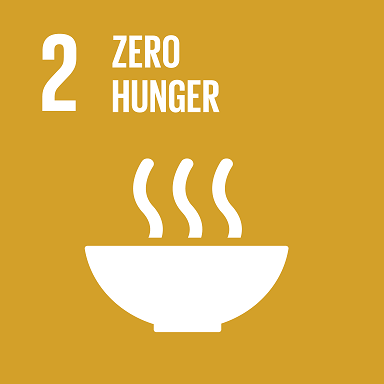
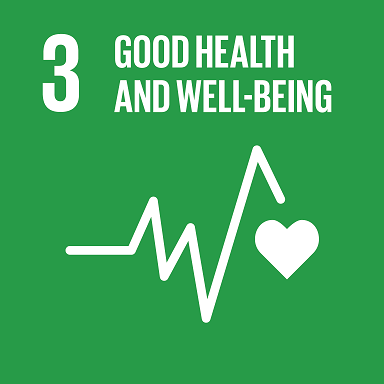
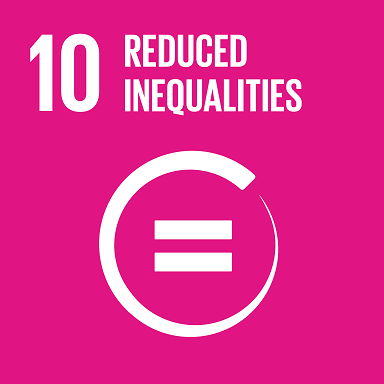
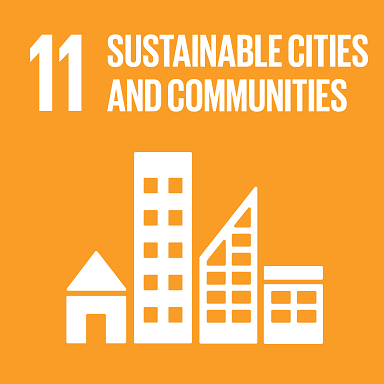

Prioritisation of political dialogue during project implementation
Description of the practice:
Incorporating the dimension of political dialogue and institutional negotiation, from the outset and throughout implementation, was fundamental in order to ensure the project's governance.
The Ministry of Social Development of Uruguay (MIDES), in its role as coordinating entity, led the search for agreements with different actors in order to ensure the building of consensus that would bring legitimacy to the process and allow for the achievement of the project's objectives, thus guaranteeing the sustainability of partnerships between the countries that make up the Red Calle network.
Differentiating factors:
- Carrying out activities with the project partners, both at a collective and a bilateral level, specifically aimed at political dialogue and institutional negotiation.
- Having an intergovernmental body with a regional dimension as a partner in the project (International Italian-Latin American Organization - IILA).
- Having the commitment of other actors with political influence in the partner countries (for example, embassies of Uruguay).
- Involving actors of international reference in the specific subject, which legitimise the theoretical approach of the project and foster the political dialogue (for example, the European Federation of National Organisations working with the Homeless -FEANTSA-, and the Institute of the Homeless Global Centre -IGH Hub / COH-).
Impacts:
Prioritising political dialogue throughout the implementation of the project allows to:
- Maintain the commitment of the partner countries throughout the project, despite radical changes in the national political contexts.
- Generate responses adapted to the reality of each partner country.
- Generate an environment of trust and transparency that has a strong impact on the quality of the project.
- Have the support of all the partner countries when it is necessary to face unforeseen events or financial and technical reformulations of the project.
The added value of Triangular Cooperation: (more information here)
1. Building ownership and trust.
2. Promoting complementarity and increasing coordination in development cooperation.
3. Sharing knowledge and learning jointly.
4. Co-creating solutions and flexibility.
5. Enhancing the volume, scope and sustainability of Triangular Cooperation
6. Achieving global and regional development goals through strengthened partnerships for sustainable development.
RELATED FILES
When formulating the project, the team ensured that it would have the political commitment of the ministries and sectoral institutions in each of the countries involved. However, this exercise was not repeated with the same intensity at the beginning of the project and after the successive changes of government in the Mesoamerican countries, which led to losing the pulse of the political environment and institutions. When the team became aware of this weakness, time and resources were devoted to making the necessary corrective decisions.




